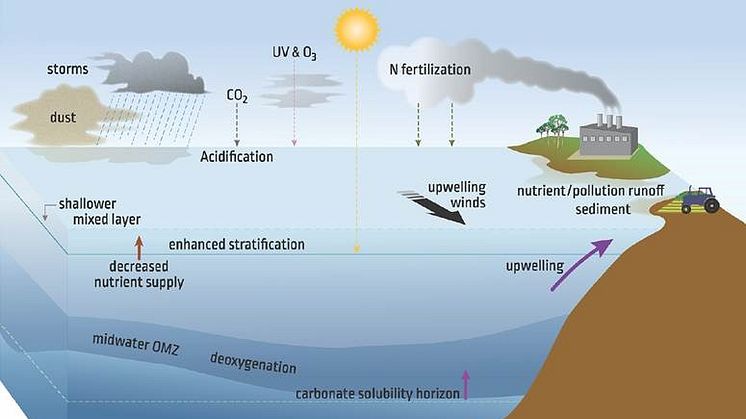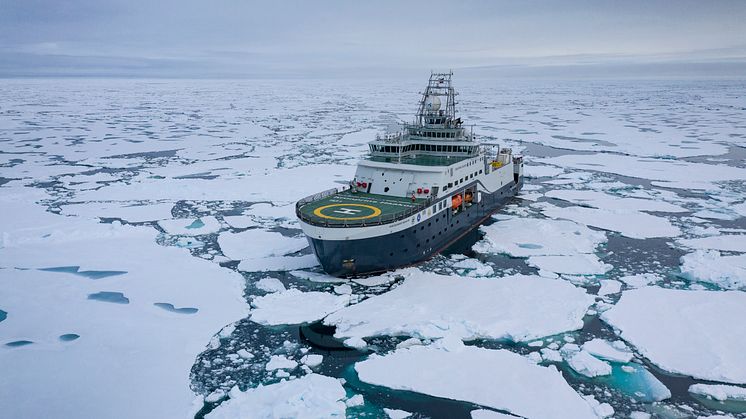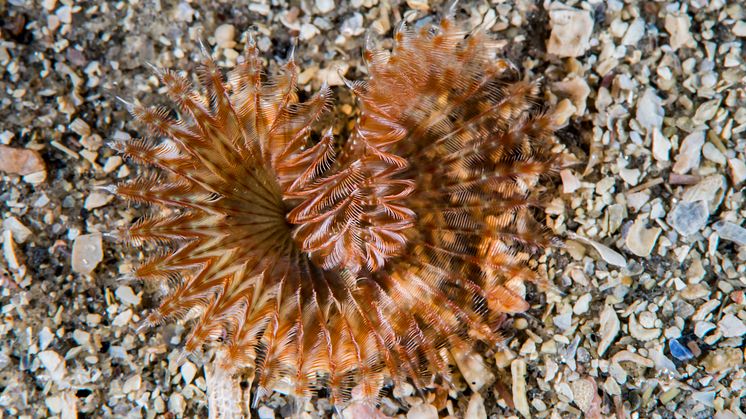
Nyhet -
Nansen Legacy/ARCTOS Course on Multi-factor experiment design
On October 12 Paul Renaud from Akvaplan-niva led a workshop jointly organised by the Nansen Legacy project and the ARCTOS network. Several members of the SCOR Working Group on Changing Ocean Biological Systems participated with presentations and in the discussion about Best Practices Guide for multi-factor experiments.
Constraints on traveling led to an unusual workshop format whereby multiple in-person nodes around Norway and Denmark were linked via Zoom where break-out working groups were enabled, and lectures and practical work facilitated. In all, twenty-three PhDs, postdocs and technicians and several seniors participated, along with course leaders, John Havenhand (Tjärnö Marine Biological Station, Gothenburg University, Sweden), Christina McGraw (University of Otago, New Zealand), and Paul Renaud (Akvaplan-niva/UNIS).
The course was supported by the Nansen Legacy Project. Educational materials, including the Decision Support Tool and the Best Practices Guide, along with videos and other information, is available to all at https://meddle-scor149.org/.

